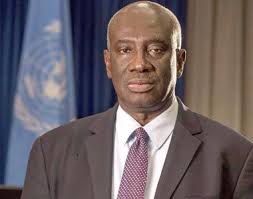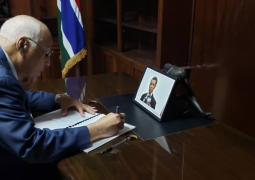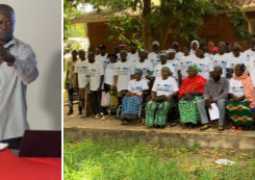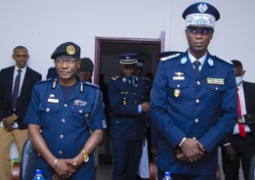
“A week ago we validated the court connected Alternative Dispute Resolution rules to resolve disputes without having to resort to litigation, which is aimed at a more efficient justice delivery and a reduction of the backlog of cases before our courts.”
CJ Jallow also revealed that with the conclusion of the TRRC, the submission of the report to the government and the impending release of the white paper by the executive arm of government on the report, the country stands at a historic but challenging moment.
According to him, as the judicial arm of government, the judiciary is committed to take concrete measures to ensure that the rule of law is observed, human and people’s rights are protected and upheld, and that accountability and good governance entrenched.
“From our discussions on International Criminal Tribunals and fair trials, law and jurisprudence on torture, gender based violence in the context of international crimes and prosecution of international crimes and domestic laws, we expect to engage, discuss, share experiences, identify best practices, possible challenges and good approaches to handle them.”
He added that the Judiciary of The Gambia will be poised to take on the task of providing redress in dealing with allegations of international and human right crimes in this transitional phase of the country.
He pointed out that the road ahead will be no less difficult than what had been traversed and also that reconciliation continues to be the national goal and national objective, as justice for victims of violation remains a necessary important route for peace and reconciliation.
The CJ added that the road ahead will remain challenging but choices will have to be made as to what falls, where and what is to be treated, how, and that whatever choice made, it must be transparent and on the basis of objective criteria.
CJ again added that extensive jurisprudence and good practices in the investigation and prosecutions of these kinds of cases in the management of cases especially sexual and gender based violence and in the protection of witnesses have been developed in terms of the rules and of the recommended practices.
“There will be sessions on fair trial standards established by international criminal justice, the issue of management of sexual and gender based violence, the law and jurisprudence on torture, enforced disappearances and finally the challenges and prospects of domestic prosecutions of these kind of cases,” he assured.
Read Other Articles In Headlines





